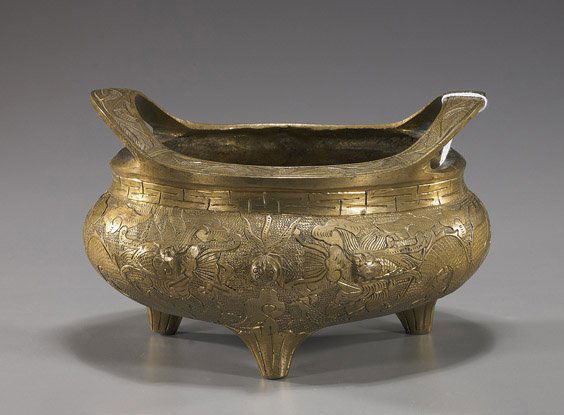On 14 July
2015, I announced my intention to contest in Whampoa SMC. Ten days later, it
was announced that Whampoa SMC will not exist in the next GE. Needless to say,
I am disappointed.
The Electoral
Boundaries Review Committee report was released on 24 July 2015. Together with
Whampoa SMC, both Joo Chiat SMC and Moulmein-Kallang GRC ("MK GRC")
will also be dissolved in the next GE. Amidst all the instant cries of
gerry-meandering about Joo Chiat SMC, I can only ask: Why Whampoa SMC? Why MK
GRC?
I have always
considered Whampoa SMC and MK GRC as deserving attention, amongst others,
because I have visited many troubled places that fall within this SMC and GRC.
Suddenly, they will no longer be around for political contest in the coming GE.
Is there a good explanation for this sudden change?
When I first
began studying the political demography in Singapore in consultation with some
political observers, we saw something that was happening here that was akin to
a development in ancient China close to 2,000 years ago. If you are familiar
with the story of the Three Kingdoms 三国演义 (AD 220–280), it was a time when
China was divided into the states of Wei (魏),
Shu (蜀), and Wu (吳).
The political
struggle between People's Action Party (PAP) and the Workers' Party (WP) is
reaching a point when a 3rd force is set to arise to serve as a counterbalance.
This 3rd force is anticipated to come from the constituencies in the south. MK
GRC, Potong Pasir SMC, Mountbatten SMC and Whampoa SMC are the potential
springboards for the rise of the 3rd force but now only Potong Pasir SMC and Mountbatten SMC are left on the slate. It was as if someone saw the same thing
that we had seen and was trying to prevent it from happening.
The Chinese
believe that a tripod represents firmness and stability. I entertain the notion
that our political arena cannot continue to see a contest between two forces as
this will only lead to more instability and disruption. A 3rd mediatory force
in our political arena is necessary to assuage and balance the diversity in opinions
and to secure the future success of Singapore. I am now left to think about
where I could go as an independent candidate now that Whampoa is no more.

